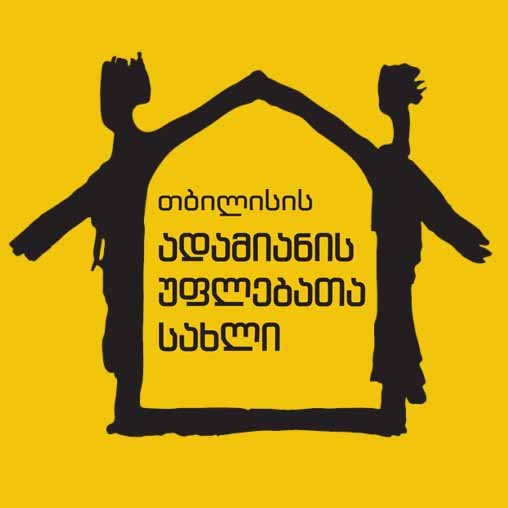Statements
Appeal by Human Rights Center regarding Discriminatory Policies of the Government
01.05.2021
Font size
Human Rights Center (HRC) critically assesses the recently deteriorated conditions in the country in terms of freedoms of religion and faith.
In taking the measures against the pandemic of the new coronavirus COVID-19, the government of Georgia constantly shows a non-secular and differentiated approach towards the Georgian Orthodox Apostolic Church and other religious organisations. During the years, along with non-efficiency of the state policy regarding the freedom of religion, an overt loyalty on the part of the authorities towards the dominant religious institution and the ideology of the governing ethnoreligious nationality becomes even more evident.
Already on March 21 of the last year, under the conditions of the state of emergency declared because of the spread of the pandemic, the authorities had not developed additional regulations for the religious organisations, but had only taken into account the interests of the Orthodox Church and its respective worshipers. During the whole period, almost no restrictions were applied towards the clergymen of the Orthodox Church in terms of gatherings and movements, while for the non-dominant religious groups and their representatives such privileges were not available, except for a couple of car passes issued for implementing social services. From the very beginning such an unequal approach was protested by the representatives of the religious minorities as well as the civil society organisations. Nevertheless, no response to the protest was made from the authorities during the whole period. Moreover, by providing privileges to the Orthodox Church and its worshipers on the holidays of Easter and Christmas from the last year, while ignoring the important holidays of other religions, the authorities once again demonstrated the support to the ethnoreligious nationalism and the neglect of the constitutional principles. The clear example for this is the statement of the then Prime Minister, Giorgi Gakharia made on April 14, 2020, according to which the differentiated treatment for dominant religious communities under the state of emergency is based on the confessional nature of the Georgia State that is “we are an orthodox State.” Later on, on November 27, 2020, the same pathos was voiced by then Vice-Prime Minister, Maia Tskitishvili, according to whom, the authorities revoked the restrictions on the night of 6-7 January because “the majority and the main part of the population is an orthodox community.”
On such a background, the silence of the State Agency on Religious Issues LEPL under the supervision of the Prime Minister causes concerns, as the Agency is authorised to develop the recommendations exactly on the issues of religion proving once again that the Agency exists only formally.
In the first half of 2021, the Coordination Council decided to mitigate the restrictions introduced due to the coronavirus Pandemic, though according to them this does not concern cultural and religious holidays. Therefore, on March 18, 2021, the representatives of ethnic Azerbaijani community of Georgia applied to Prime Minister, Irakli Garibashvili with a public letter requesting to (temporarily) lift the curfew on March 21 to have a possibility to celebrate a holiday of Novruz Bayram. However, despite the requests from the activists of the Muslim community and their formal appeals, the State did not allow any privileges for them and on the contrary fined them.
Unfortunately, under the new governmental team, we have the similar problems of restricting the religious freedoms and that of the discriminatory approach evidencing the acute problems in the country in terms of religious equality and the neglection of the principle of equality.
Taking into account all the above mentioned, HRC once again calls on Georgian authorities:
- To protect the fundamental right to enjoy the freedom of religion and faith for all individuals without any discrimination. To observer the principle of segregation of the State and religion as enshrined in the Constitution of Georgia and the Constitutional Agreement;
- Irrespective the adherence to a particular confession, with an observance of the regulations, to allow every person to enjoy the freedom of his/her faith and religion without any obstacles.
Human Rights Center
Statements
17.04.2024




